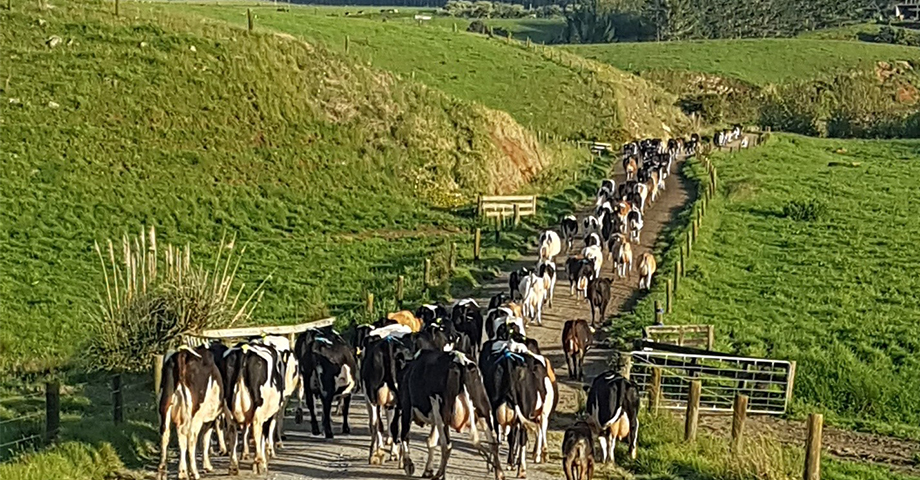Executive summary
In February of 2013 I received an out of the blue phone call from a fellow sheep and beef farmer whom I had never met. His name was Richard Young and he was organising a meeting of like minded farmers to discuss the issues around the dire state of the red meat sector. The attendance and subsequent outcome of that meeting was the formation of Meat Industry Excellence (MIE) for which I was to be a foundation member and Richard Young, himself a Kellogg Scholar, was to be our inaugural chairman. That meeting in many ways changed my life and has led to me, quite incidentally, being at the forefront of the current attempt to reform the red meat sector.
Along the way it has been an absolute privilege to meet and engage with many of the significant leaders of New Zealand primary industries both current and past and to share their wisdom and experience. The Kellogg’s scholarship project has provided me with a guilt edged opportunity to leverage into their experiences particularly in regard their experiences in change management. What lessons can be learnt not only for myself in regard my on-going involvement with MIE but for other future primary industry change managers who may read this text.
This is a qualitative assessment as opposed to a quantitative one. I have chosen a diverse range of case studies and deliberately concentrated on the “how” aspect. The who, what and why are required for context but my real interest is in the process of leadership required to deliver an outcome. I do not seek to judge what they did and indeed two of my examples were ultimately not successful in achieving their initial objectives. This was deliberate in regard are there any comparative themes that emerge between the successful and the ill fated?
How do you go from having a conceptual idea, as we did in Gore on that fateful evening in February 2013, to achieving an actual outcome? What is the secret to “Herding the Cats?”
Mark Patterson



